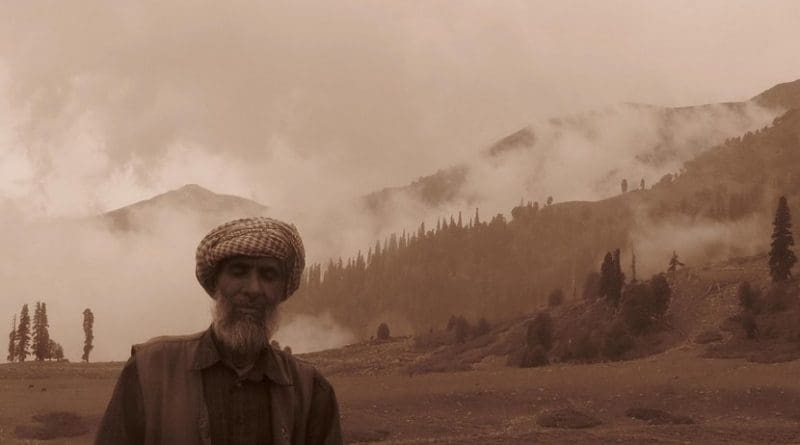Freedom At Risk In Kashmir Valley – OpEd
The region of Jammu and Kashmir is currently under India’s illegal occupation. The Kashmir dispute traces its roots well before the 1947 partition of the Indian Subcontinent. The Kashmir region is now identified as the subject of a territorial dispute between Pakistan and India that began after 1947.
Article 35A was introduced through a presidential order in 1954 to continue the old provisions of Kashmir’s regulations under Article 370, which prohibits outsiders from permanently settling, purchasing land, or holding local government jobs in the Kashmir region.
Beginning in August 2019, the BJP instigated article 370 and 35 A by taking advantage of the political void that existed in the nation. The special status of IIOJ&K, granted to it by Article 370 of the Indian Constitution, was revoked by the Indian State on August 5, 2019, as part of its ongoing oppressive policies. This move dismantled the thin autonomy granted to IIOJ&K.
One of the promises in the BJP’s 2019 election manifesto was to repeal the law, which resulted in Modi’s return with a larger majority in parliament. The government, led by the Hindu nationalist BJP, also proposed splitting IIOJ&K into two union territories, Jammu and Kashmir and Ladakh, which would be directly ruled by New Delhi.
India is consistently working to change the demographics of the region. Since India’s occupation of Kashmir thousands of times, Pakistan has condemned such heinous acts by India, but the international community pays no attention to the Kashmir issue and even has a strong relationship with India despite human rights violations.
India is vehemently attempting to persuade the international community that the disputed region is normal, despite the fact that political movement of politicians is restricted in Kashmir, and Kashmiris routinely face torture, extrajudicial killings, house arrests, fake encounters, rape of Kashmiri women, and journalist abductions. There are consistent bans on social media and internet as well.
Kashmiris on both sides of the Line of Control (LoC) and around the world observed ‘Black Day’ on August 5, 2019, when Indian Prime Minister Narendra Modi visited Indian Illegally Occupied Jammu and Kashmir (IIOJK) after abrogating the special status of IIOJK in order to fool the global community into believing that the situation in the region is quite normal and everything is under control.
In the event, The BJP prepare the ground for this revocation by dismissing the state assembly and put the governor’s rule. The state of Jammu and Kashmir under article 370 was allowed to have its own flag and constitution. India has scrapped a law that grants special status to Indian-administered Kashmir amid an indefinite lockdown and massive troop deployment in the disputed region.
Since then, the region’s independent journalists and media outlets have faced arbitrary detention and arrest, as well as internet shutdowns that have prevented them from communicating and publishing their work.
This illegal Indian act and violation of international law not only made life miserable for Kashmiris, but also destabilized and unrest in the region as a whole.
Pakistan want to must remind the United Nations again and again to implement its relevant resolutions to settle the Kashmir dispute as normalcy in the region has become a dream for its residents since decades.
Modi’s regime ruthlessly implemented RSS ideology against India’s minorities. Modi was on a mission to purge India of its minorities and rights and life of Indian minorities would remain under threat until BJP’s rule. India is planning a genocide against Muslims, and unchecked attacks on religious minorities in India posed a challenge to the international community. We urge the international community and world powers to hold India accountable for its atrocities against minorities. The Kashmir crisis requires a sustainable solution which is the duty of the international community for ensuring world peace as well as conflict resolution in the entire world.
The writer is an Islamabad based freelance analyst. You can reach author at: [email protected]


Usual ISI propaganda to deflect attention from from the mismanagement in pakistan.